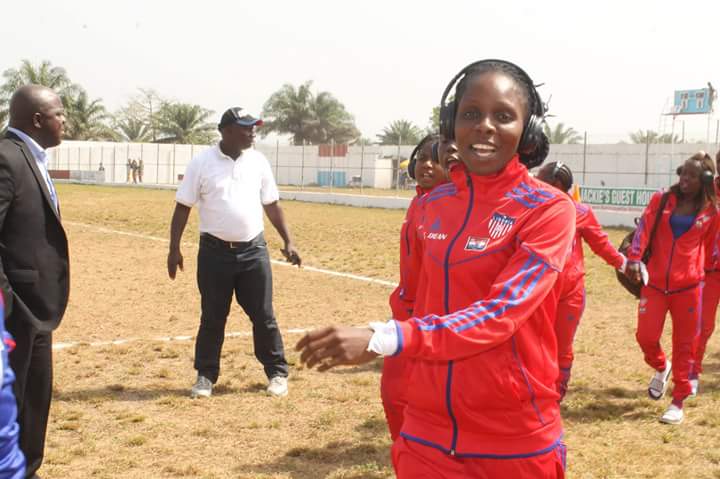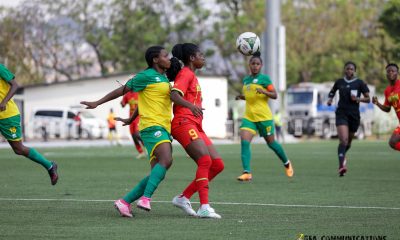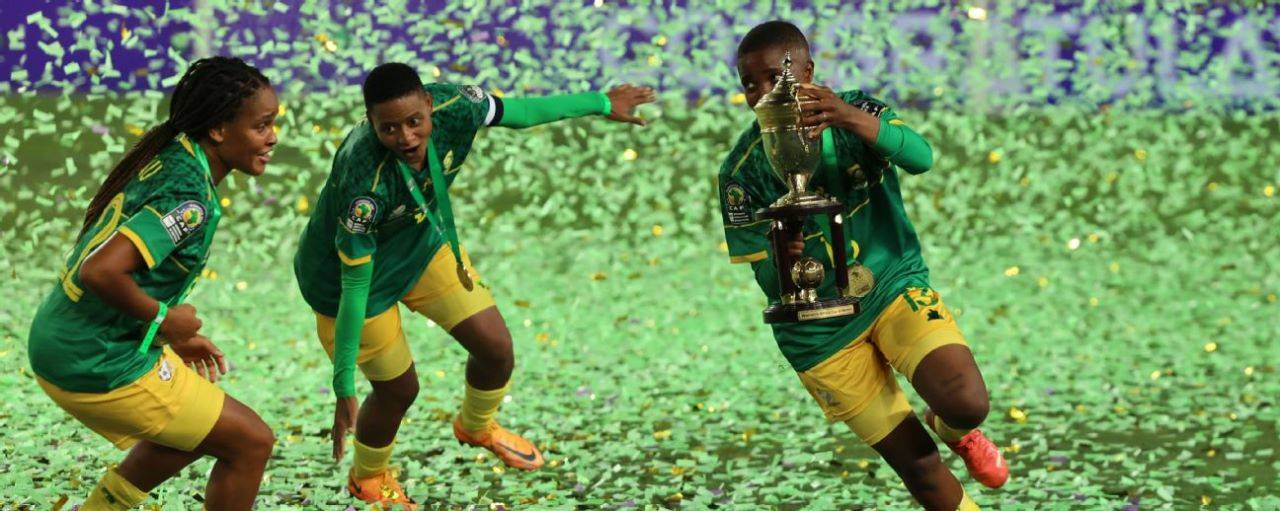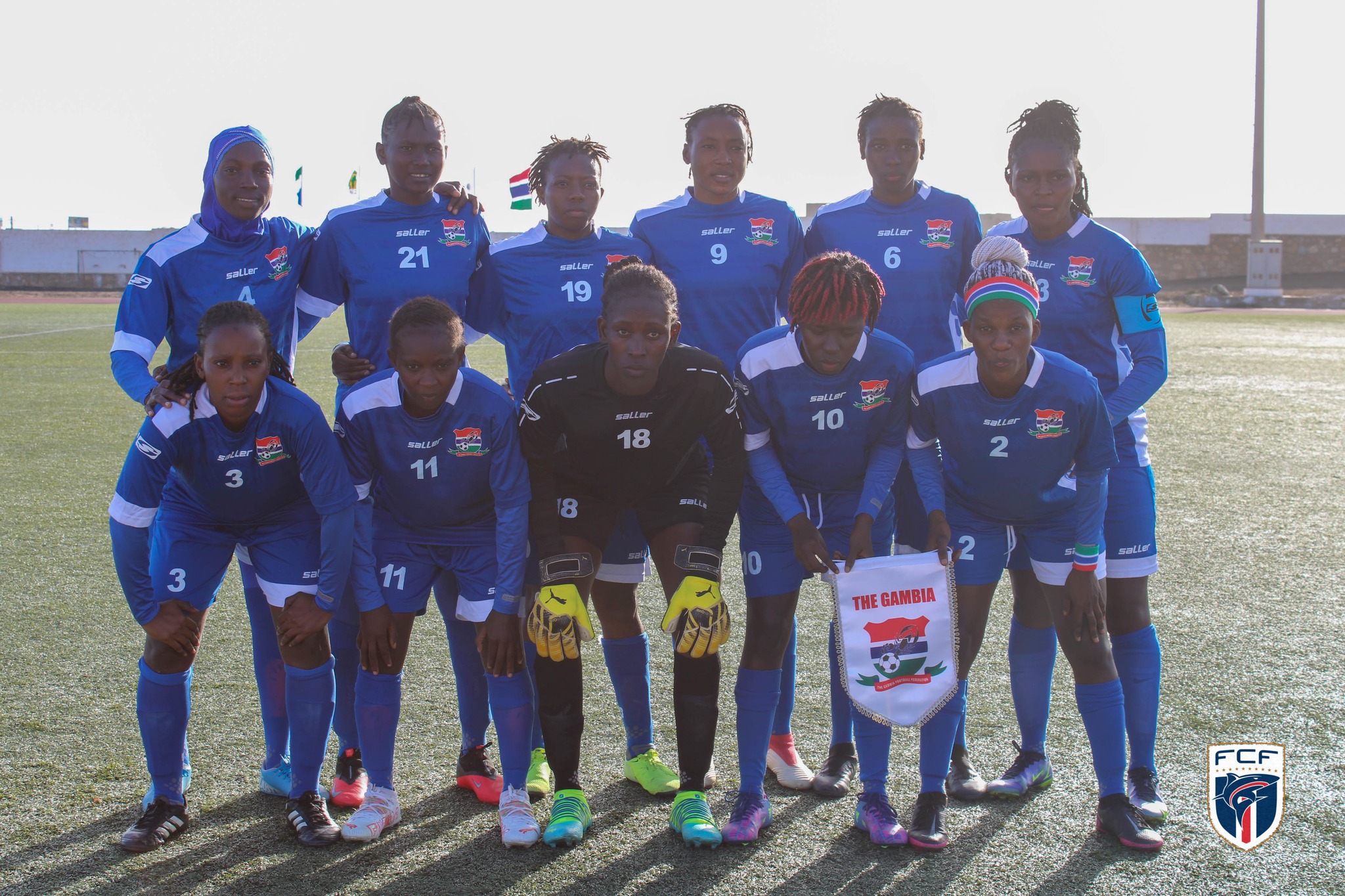In Liberia, as with many other countries, women’s football is subordinate to men’s football, largely due to a lack of interest and support for the female side of the game. As a Liberian sports journalist, I have observed the following:
Journalists seem uninterested in covering women’s football because:
- No commercial value is attached
- Lack of per diem or salary has caused players to lose interest
- Sub-standard talent is often displayed
- Most African football associations fail to use FIFA’s budgetary allotment to support female football
- Most African football associations fail to heed FIFA’s recommendation to develop and promote women’s football (for example, how often have you seen girl’s football promoted in schools in Liberia?)
Efforts to counter the above have been made in Liberia such as:
- Forming a women’s national league
- Forming a national women’s football team
- Creating awareness for the development and promotion of women’s football through sponsorship
- Reminding the governmental arm responsible for sports to support women’s football programs in high schools, colleges, universities and in the communities, including its decentralization in the sub-political divisions
- Profiling female players and helping to create the necessary awareness to solicit educational support
Liberia has also had some female athletic success stories. Case in point, Liberia’s first professional soccer player, Cherie Kpannah Sayon. At age 24, she was signed to Philadelphia Fever (in the US Women’s Professional Soccer League) in 2012. A string of successes prior to that got her there. From 2000 through 2007, Sayon played for Liberia’s four-time women’s football champions, Earth Angel, quickly earning the nicknames “Lady Debbah” and “Miracle Maker.”
In 2006, she was a leader for the U-20 Lone Star women’s team. Serving as captain for Liberia’s Homeless World Cup team in 2005 and 2006, she earned another nickname, “Angels Queen.”
Just before going professional, she played at Clayton State in Georgia, USA, scoring 27 goals over the course of 32 games.
Aside from the positive press joining the Philadelphia Fever generated for women’s sports in Liberia, nothing much has been done to promote other female athletes.
We have a long way to go, and it appears that instead of increasing support for women’s sports, we’re on a downward trend.
A few years ago, the president of the Liberia Football Association, Musa Bility, called on the government of Liberia through the Ministry of Youth and Sports to include women’s soccer in national county sports meets. The Ministry has yet to make a decision.
Most football agents would rather scout for male players in order to send them overseas to play at the international level.
In Liberia, sports fans would rather support male sports teams than female teams. In 2012, the national women’s handball team of Liberia performed dismally in Ghana due to the government and its partners’ failure to give necessary support, which led to the team travelling by road and sapping them of their energy ahead of the games.
The Liberia Basketball Association has had more than two international championship qualifiers in its men’s division in recent years but has not been able to explain why a women’s international tournament has not taken place.
Though efforts have been made to cover women’s sports nearly every week in some of the media outlets, they pale in comparison to how men’s sports are covered. Media coverage in Liberia for women’s sports is sparse because the majority of sports journalists prefer reporting on men’s sports. Most often, female national teams receive wider coverage when engaged in international competitions. Female sports journalists are often left out when it comes to international trips because sporting federations, associations, and clubs tend to prefer male reporters.
A small number of female sports journalists in Liberia are working tirelessly to be on par with their male counterparts by going at every length to cover sports in the country. However, due to conditions and harassment in the field, many female sports journalists opt for positions as newscasters or on air announcers and do away with sports reporting entirely.
As a sports journalist in Liberia, I have witnessed these dynamics over the years. Sadly, what I’m seeing now is a clear downward trend for women’s sports in Liberia.
Featured Photos, Famata Dean captain of Liberia’s women national football team. Courtesy of Martina Brooks















